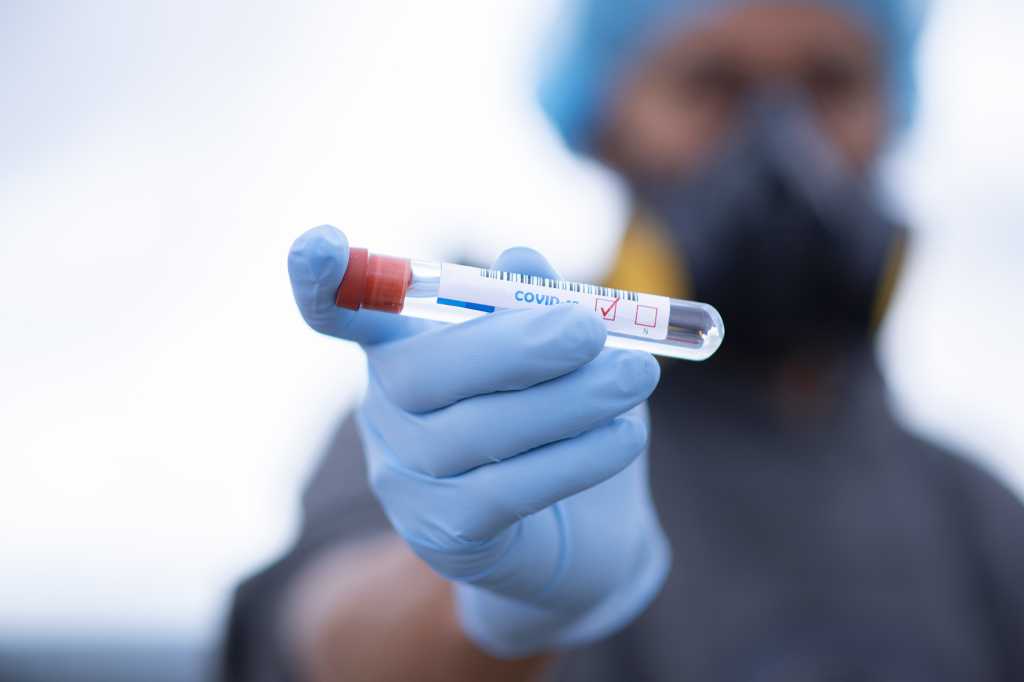
When the world faced COVID-19, I watched something remarkable happen. Artificial intelligence (AI) systems, which I had once viewed as tools of research and efficiency, suddenly became instruments of survival. They modelled outbreaks, predicted surges and accelerated vaccine research. Yet at the same time, I witnessed another silent battle unfold a digital one. Health organizations, research institutions and even vaccine supply chains became targets of cyberattacks. For me, it was a turning point that reinforced a simple truth: AI cannot strengthen public health without cybersecurity at its core.
Over the years, working at the intersection of data, AI and cloud security for healthcare and life sciences organizations, I’ve seen how transformative intelligent systems can be. But I’ve also seen how fragile they are when trust, data integrity and governance are not built into their foundation. Today, as countries prepare for future pandemics, we must treat cybersecurity not as a support function but as a critical enabler of readiness. The success of future pandemic preparedness will depend on whether we build trustworthy, secure and ethical AI systems from the ground up.
The expanding digital frontline
AI-driven pandemic preparedness depends on vast data ecosystems from genomic sequencing labs and hospital networks to connected sensors that monitor population health trends. These systems exchange millions of data points each hour, enabling faster decisions. But every connected device, every model training pipeline and every data integration point expands the attack surface.


